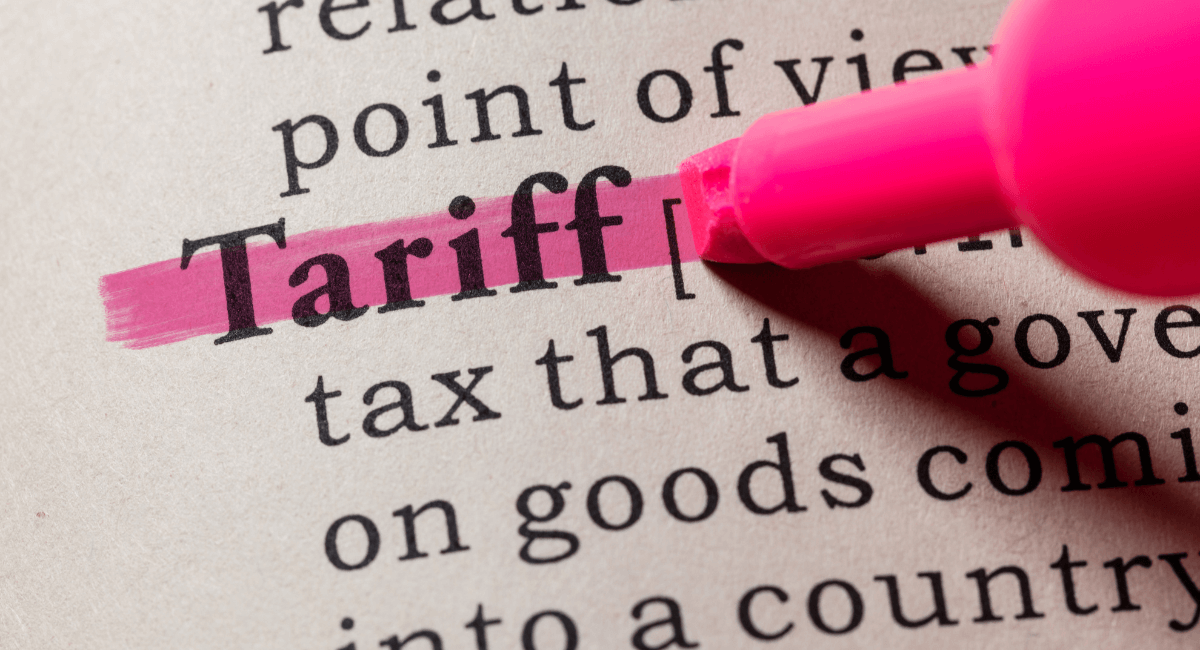Changes to KiwiSaver: How to get your business ready
Major changes to KiwiSaver were announced in Budget 2025.
The KiwiSaver voluntary savings scheme is aimed at helping New Zealand workers save for retirement or buy a first house. But with the rising cost of living, action was needed to make KiwiSaver fit for purpose and more fiscally sustainable as a savings scheme.
How will these changes affect your employees and your small business?
Let’s take a look at the details of these KiwiSaver changes.
Changes affecting your employees
First off, let’s outline how the initial changes announced in Budget 2025 will affect your employees and other Kiwi workers:
Since 1 July 2025:
- Younger workers will qualify for government contributions: People aged 16 and 17 will qualify for government contributions, so long as they meet other eligibility requirements. Prior to 1 July 2025, members must be 18 or older to qualify.
- Government contributions to halve: The government KiwiSaver contribution will halve, reducing the maximum government contribution from $521.43 to $260.72 each year.
- High earners to lose government contributions: People who earn more than $180,000 of taxable income in a year will no longer qualify for government contributions.
- No change to 2025 government contributions: There’ll be no change to government contributions for the year ending 30 June 2025. These will be paid in July and August at the current government contribution rate.
Changes affecting your small business
Next, let’s lay out the KiwiSaver changes that will directly affect your business:
From 1 April 2026:
- Employer contributions will rise to 3.5%: From April 2026, the default KiwiSaver contribution rates for both employers and employees will rise to 3.5% – up from 3%.
- Employees can choose to remain contributing at 3%: Employees who are members of the KiwiSaver scheme will be able keep their contributions at the current rate. They can apply for a temporary rate reduction from 1 February 2026, if they want to continue contributing at 3% from 1 April 2026.
- Employers can match the rate reduction: As an employer, you’ll be able to match your employee’s temporary rate reduction. Once your employee moves to a higher contribution rate, you’ll need to increase your employer contributions to the default 3.5% rate. Inland Revenue will notify you of this change.
- Younger workers will qualify for KiwiSaver contributions: People aged 16 and 17 will qualify for employer contributions. If they contribute to KiwiSaver from their wages, you will need to start making employer contributions.
From 1 April 2028, the default contribution rates for employers and employees will rise again to 4% (up from 3.5%).
Getting ready for the KiwiSaver changes
These amendments to KiwiSaver could have a significant impact for your small business.
Increased employer contributions will increase your payroll costs and stretch your cashflow, as will making contributions for younger workers in the 16 to 17-year-old age bracket.
You'll also need to update your payroll software and processes, to ensure you’re making the correct contributions for the right people, at the right rates.



